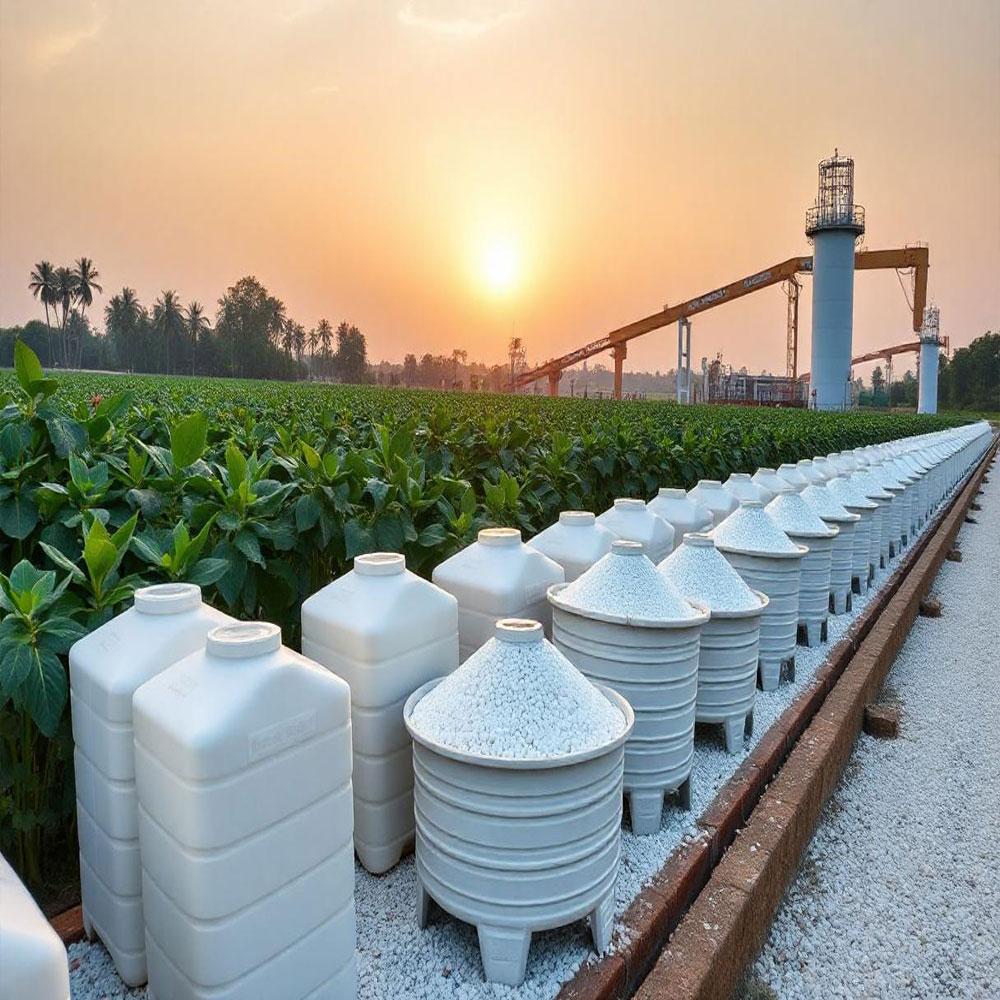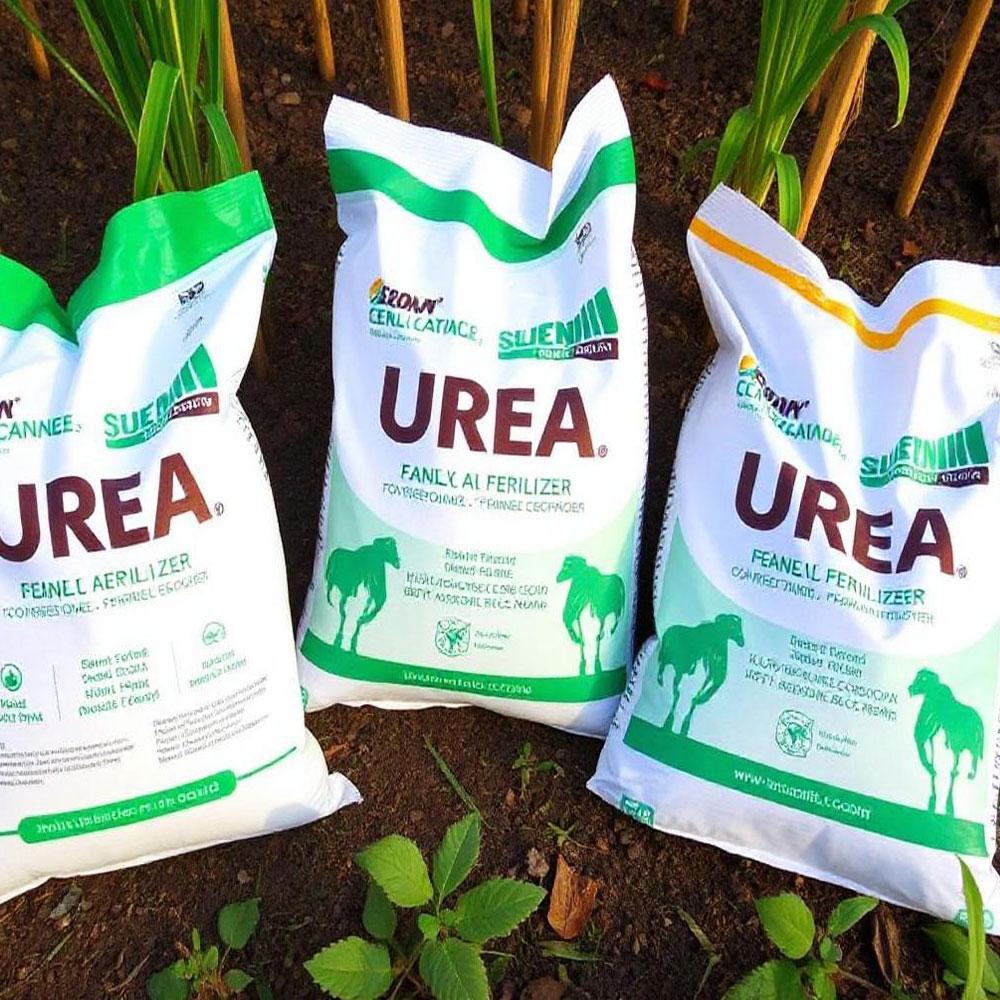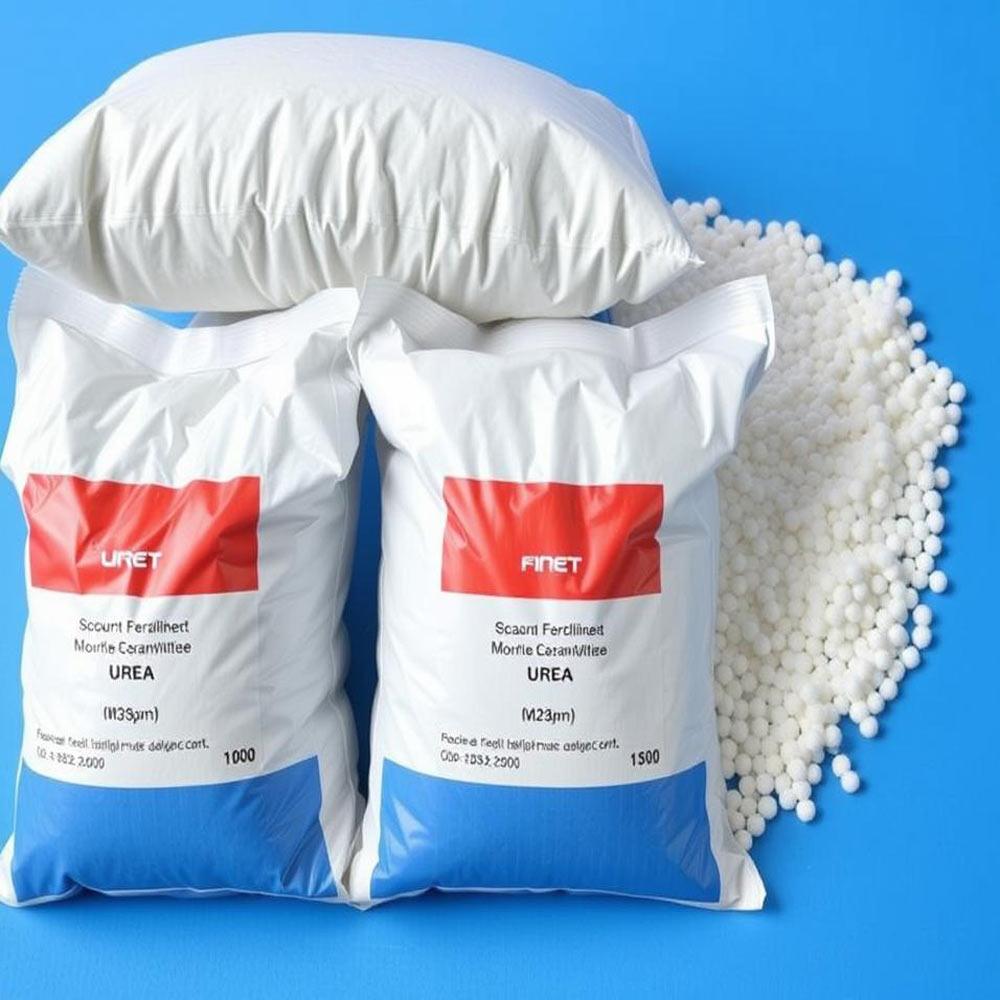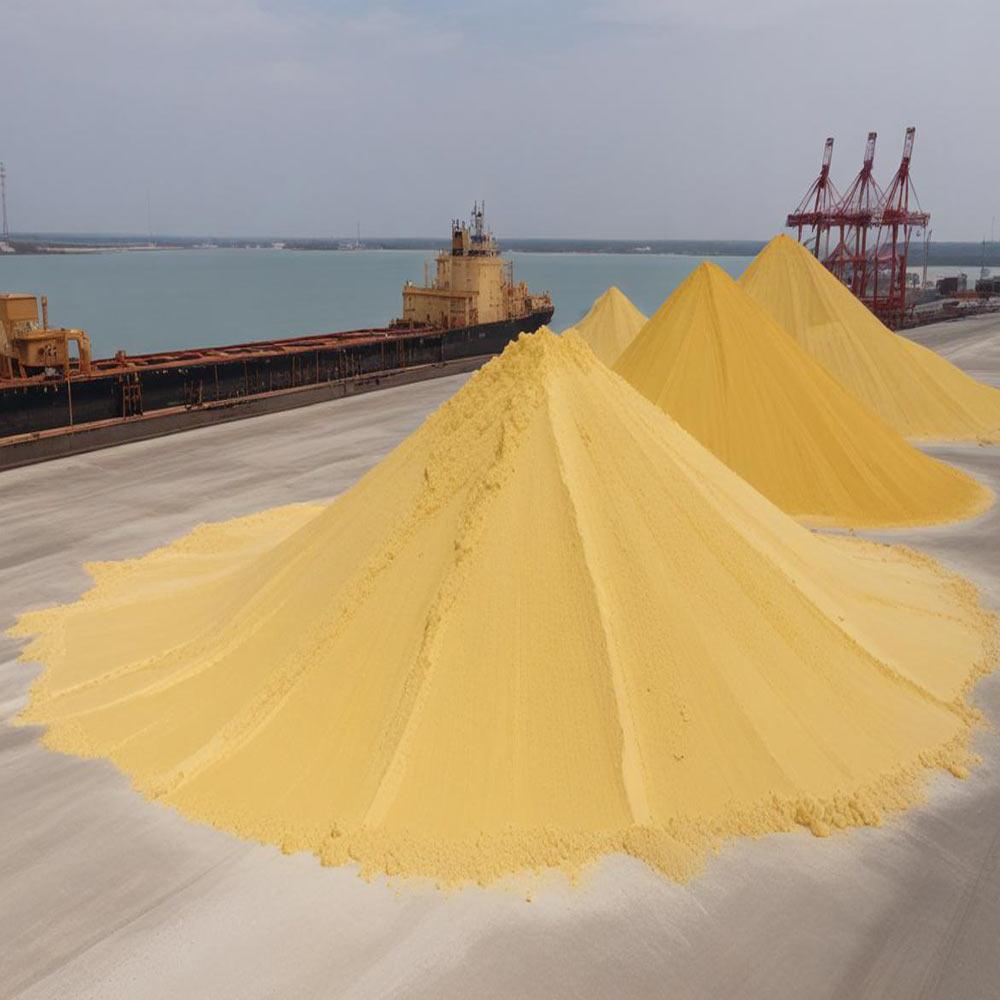The Global Urea Industry and Iran's Role, essential for agriculture, is dominated by producers like China, India, and Ru...
Supply chain and production of sulfur in Iran
Iran Growing to World level
Sulfur, an essential by-product in the oil and gas industry, plays an important role in Iran's industrial landscape. Iran produces about 2.05 million tons of sulfur annually, of which about 320,000 tons are consumed inside the country.
The remaining sulfur is sold in raw form. Forecasts indicate that by 2031, sulfur production in the country will increase to 5 million tons.
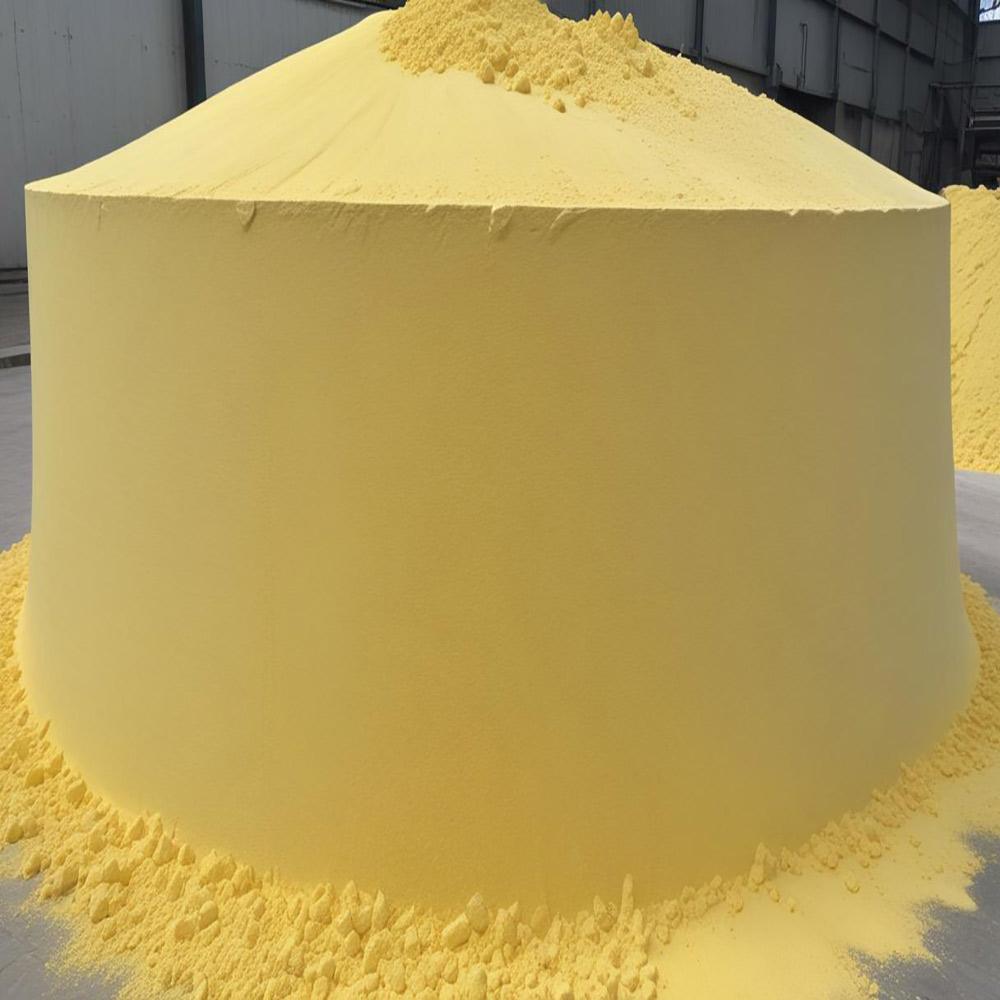
The Importance of Sulfur in Iran's Economy
The significance of sulfur in Iran was a central topic at the Third National Conference on Gas and Petrochemical Processes held at Ferdowsi University.
In the conversation, the importance of sulfur and its benefits were emphasized. Its strategic role in the context of Iran's economic growth was emphasized. Among the main products, sulfur follows the highest level of resistance economy guidelines. This strategy focuses on completing the value chain and creating added value in the oil and gas industry to prevent the sale of raw materials and instead produce value-added products.
Potential and strategic benefits
Sulfur as a side product requires strategic planning and use of the potential in the country's oil and gas reserves. Iran has significant advantages in the fields related to oil and gas, which should be optimally used. Investing in this area is important to take full advantage of these benefits.
The role of sulfur in the oil and gas industry
Sulfur production is intrinsically related to the oil and gas sector. The purpose of the strategic planning of this industry is to reduce the sale of raw materials and focus on the production of products with higher added value. This transition is not only economically beneficial but by promoting self-sufficiency and reducing dependence on the export of raw materials, it is in line with the macroeconomic goals of the resistance economy.
Future Projections and Goals
The goal to increase sulfur production to 5 million tons by 2031 reflects the country's commitment to expanding its industrial capabilities. This growth in production capacity will not only meet domestic demands more effectively but also enhance Iran's position in the global sulfur market. Strategic investments and policy support will be crucial in achieving these targets.
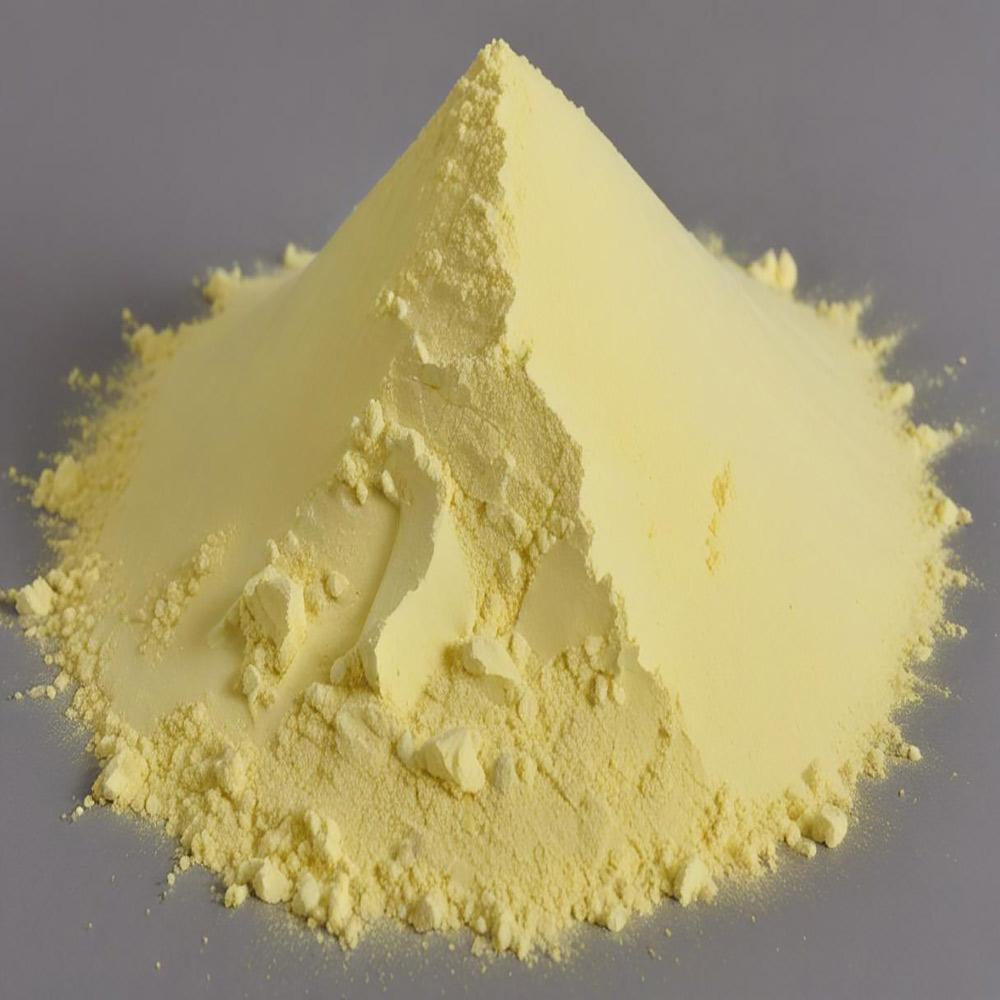
Conclusion
Iran's focus on sulfur production and the broader strategy of adding value to its oil and gas products is a testament to its commitment to economic resilience and industrial growth. By leveraging its natural resources more effectively and investing in strategic areas, Iran aims to create a more robust and self-sufficient economy. The future of sulfur production in Iran looks promising, with significant growth expected in the coming years.

